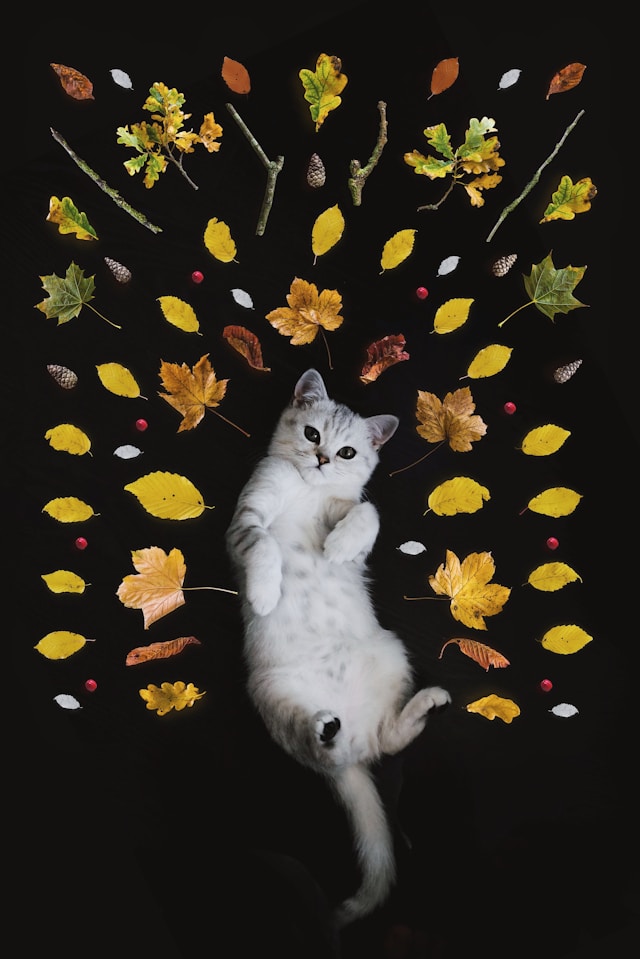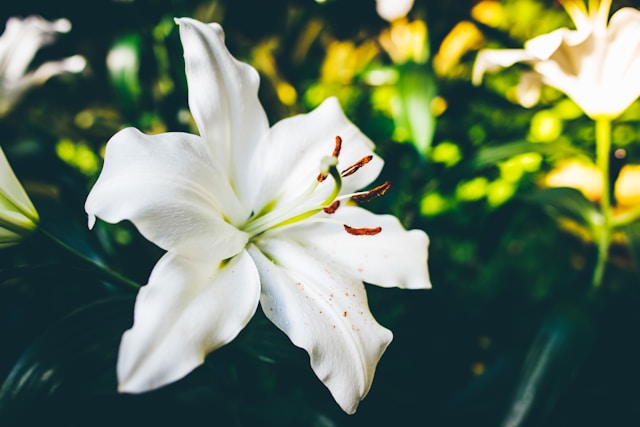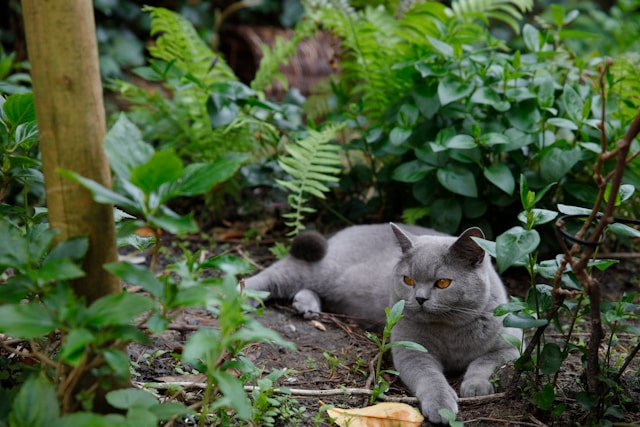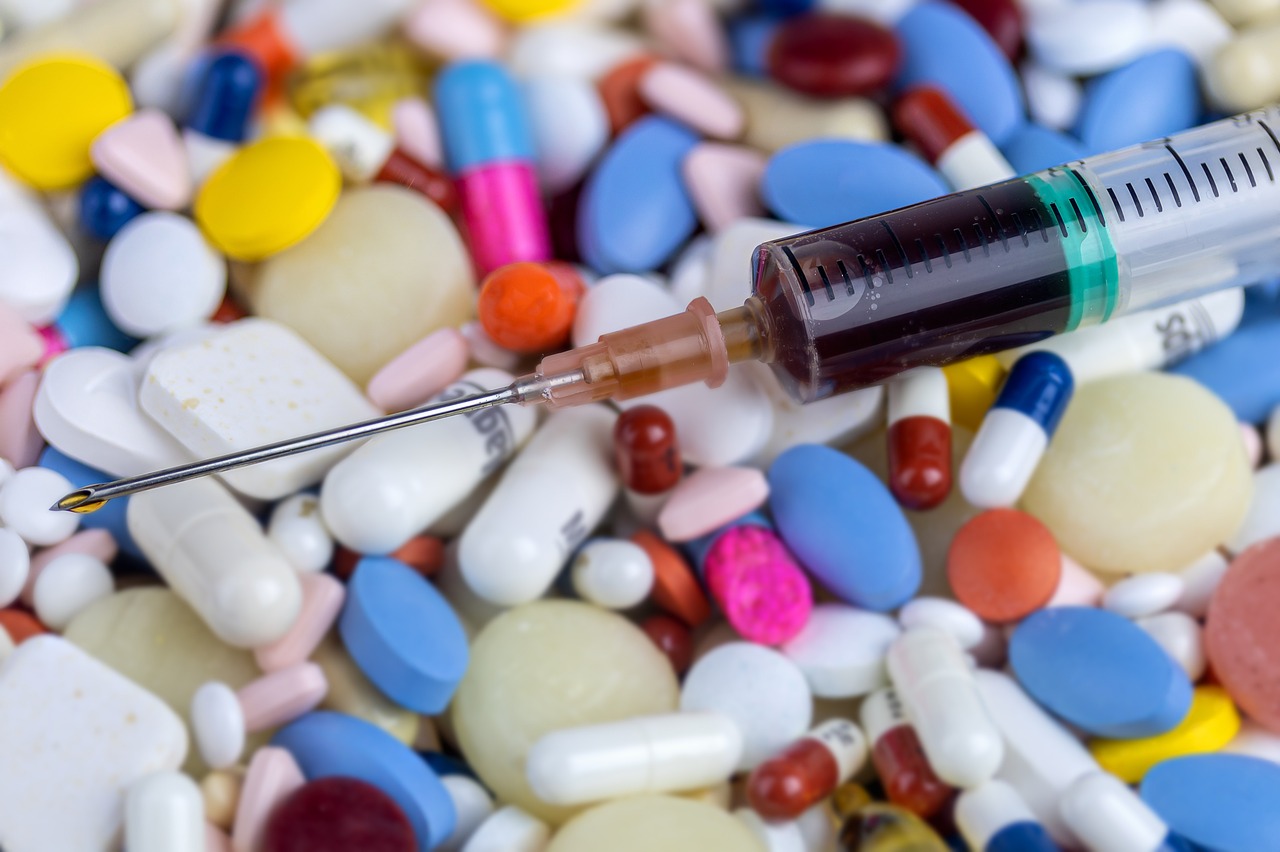10 Poisonous Plants to Keep Your Pet Away From Summer Edition

However, for those of us with dogs and cats, it's essential to be mindful of which plants can pose a danger and potentially lead to accidental poisoning.
Common Summertime Plants Hazardous to Pets
Here’s a list of the top 10 most dangerous summertime plants for cats and dogs from June through August:
-
Autumn crocus (Colchicum autumnale)
-
Azalea/rhododendron (Rhododendron species)
-
Castor bean (Ricinus communis)
-
Foxglove (Digitalis species)
-
Lilies (Lililum species) - toxic to cats
-
Lily of the Valley (Convallaria majalis)
-
Oleander (Nerium oleander)
-
Sago palms (Cycads, Macrozamia, and Zamias)
-
Yesterday, Today, and Tomorrow (Brunfelsia species)
-
Yew (Taxus species)
In some instances, the entire plant is toxic, while in others, it may be specific parts like the seeds, leaves, or petals that pose a threat.
Dr. Ahna Brutlag, the director of Veterinary Services and a senior veterinary toxicologist at Pet Poison Helpline, points out that the world of plant toxins is diverse. Some toxins affect all animal species, while others are specific to certain animals.
"Plants contain a wide range of toxins, many of which serve as part of the plant's defense mechanism. For example, foxglove contains cardiotoxins, Yesterday, Today, and Tomorrow are neurotoxic, sago palms can damage the liver, and the autumn crocus harbors a cellular poison. Some plants, like castor beans, foxglove, yew, oleander, and the autumn crocus, can be toxic to nearly all animal species, including humans. On the other hand, true lilies (Lilium species) are known to be toxic primarily to cats."
Choose Fertilizers Wisely
Surprisingly, even organic fertilizers can be harmful to pets. While they offer a natural nitrogen source and often contain ingredients like bone, blood, or feather meal, which can entice dogs, consuming these materials can result in stomach obstructions, severe vomiting, diarrhea, and pancreatitis. So, it's essential to be cautious when using meal-based fertilizers.
Recognizing Signs of Toxic Ingestion
If you suspect your dog or cat has ingested a toxic plant, don't hesitate to contact your veterinarian or the Pet Poison Helpline at 1-855-289-0358. The Pet Poison Helpline provides access to veterinary toxicology experts 24/7, offering immediate advice on toxic doses and treatments.
Signs that your pet may have ingested a toxic plant include:
-
Decreased heart rate
-
Diarrhea
-
Increased heart rate
-
Lethargy
-
Pancreatitis
-
Seizures
-
Severe cardiac arrhythmias
-
Vomiting
The vulnerability to plant toxins varies depending on your pet's species, the quantity ingested, and the pet's size. To be safe, it's best to keep toxic plants out of your pet's reach, as pet deterrent sprays are often ineffective.
Get insurance plans with wide-ranging coverage options












